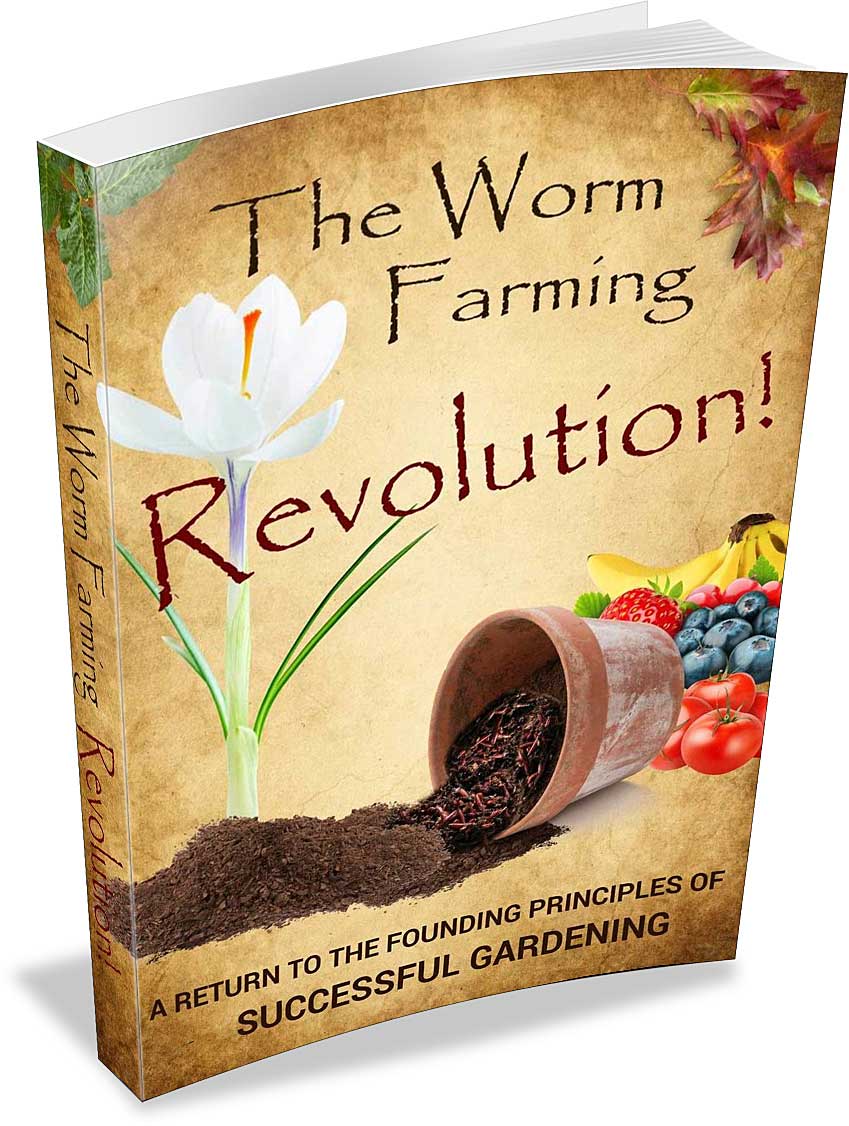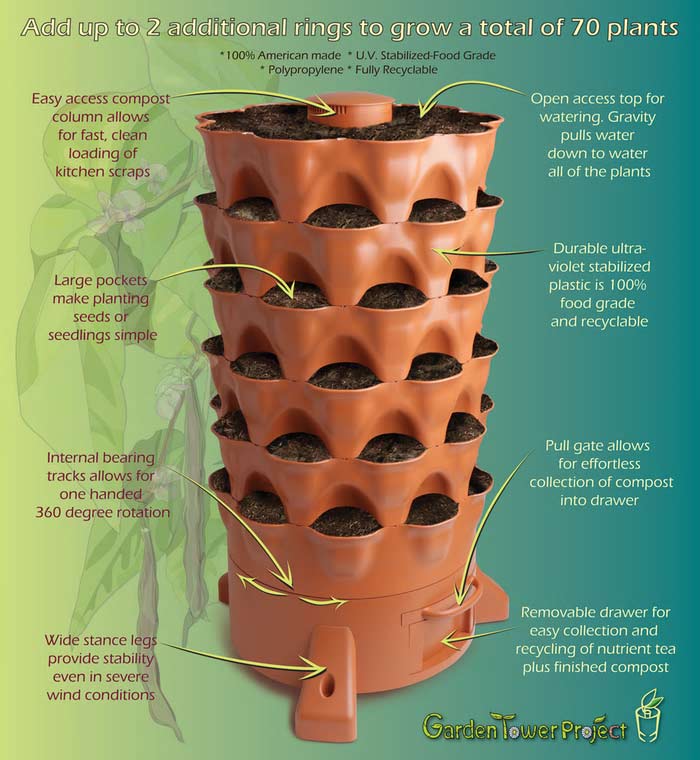Worm Tea for Hydroponics?
by RJ
(San Francisco & Mi Wuk, California)

One Tomatoe, Two Tomatoe
I have a small hyrdo-garden; tomatoes, orchids, basil, parsley. Ebb and flow system.
Can I use worm tea instead of the chemicals in my watering solution?
What is the NPK (Nitrogen, Phosphate and Potassium) of Worm Tea (in general, I know this will vary from farm to farm)?
Comments for Worm Tea for Hydroponics?
|
||
|
||
|
||
|
||
|
||
|
||
|
||
|
||
|
||
|
||
|
||
|
||
|
||
|
||
|
||
|
||
|
||
|
||
|
||
|
||
|
||
|
||
|
||
|
||
|
||
|
||
|
||
|
||
|
||
|
||
|
||
|
||
|
||
|
||
|
||
|
||
|
||















